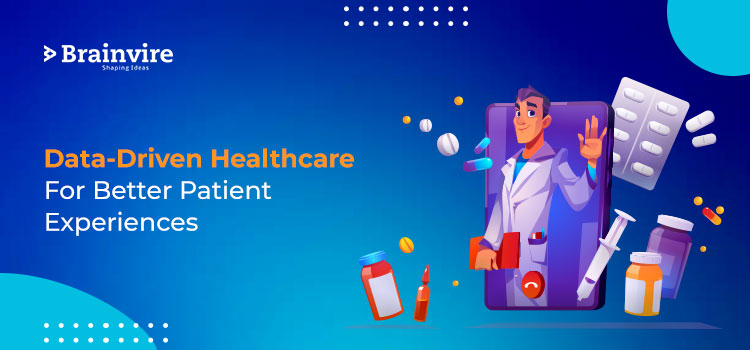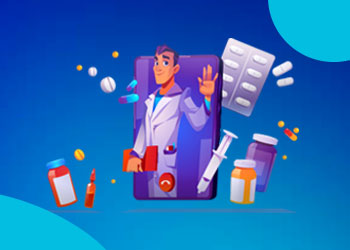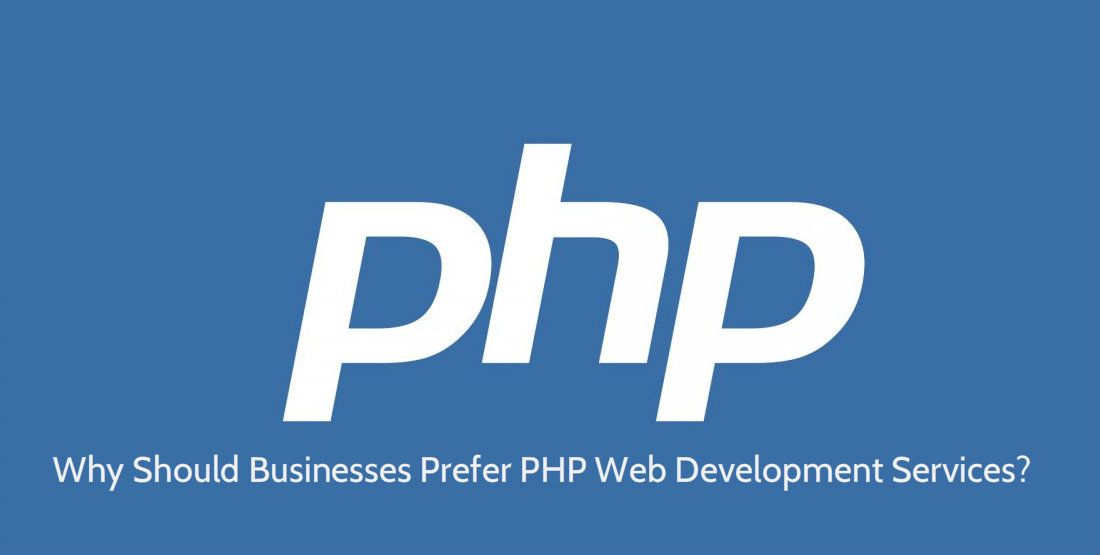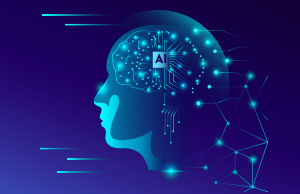
In this digitally-driven world, where almost every industry has adapted and thrived through digitization, the healthcare industry was thrashed for its slow digital technology adoption and general aversion to providing care for patients.
And today, when finally the healthcare industry has undertaken the digital transformation, a very important factor has come into light that should be employed adequately is DATA.
In order to overcome the problems and drawbacks of the global healthcare industry, it is essential that the clinical and operational data that has been generated is put to use.
Although with the current Covid-19 pandemic situation, patients’ needs are changing and transforming. It was the data-driven solutions that enabled the health sector to come up with a vaccine in such a short time without prior years of research and experimentation unlike the previous years, where it took decades of research to fight against any virus or disease.
This data-driven healthcare solution provides insights in terms of patient care, healthcare management, cost optimization, etc. to healthcare organizations. Therefore, it is crucial to consider data as a significant asset for appropriate decision-making and drive actionable health outcomes, as it helps standardize treatment, improve patient satisfaction, ensure quality and safety, lower costs, and raise revenue.
Why does the Healthcare industry need to be data-driven?
Providing Value-Based Care
Traditionally, a fee-for-service model was applicable, where healthcare professionals were paid based on the number of services provided. As a result, the focus got shifted on quantity rather than quality. The patients realized that they were paying excess healthcare costs which was totally not worth it. The healthcare services were highly inefficient and uncoordinated.
That’s where the healthcare professionals realized the need for value-based care.
The prime goals of value-based care are providing cost-effective outcomes, continuity in delivering quality care, ensuring patient-friendly experience, standardizing outcome, and a patient-centric delivery system through a collaborative chain of activities with measurable outcomes. This adoption of value-based care has put healthcare organizations in a position where they need to enhance the visibility into the challenges and healthcare utilization patterns of the populations to minimize expenses. And, for this, we need Data Analytics.
With the help of data-driven analytical tools, healthcare organizations can cut down the expenses and troublesome hospitalizations, re-admissions, and emergency department visits, by regular monitoring, patients compliance, and adherence enablement.
These analytical tools are a collection of data from EHR(electronic health records, lab data, pharmacy data, and hospital utilization information. The insights extracted from the collected data, healthcare organizations can optimally utilize their resources and maintain their service quality.
To transform raw EHR, lab, and claims data into analysis-ready datasets, providers rely on clinical data abstraction solutions that standardize definitions, validate fields, and align records with registries and quality programs. Embedding this rigor improves risk adjustment, supports value-based reporting, and accelerates actionable insights across service lines.
Predictive Analytics and Pre-Emptive Medicines
Initially, data in the healthcare industry was paper-based, meaning it was recorded manually. Hence, these practices resulted in a lack of success as conclusions were made out of the outcomes of minimal and inaccurate data.
Now, adequate data can be collected and examined from various sources such as Electronic Health Records (EHRs), population health management platforms, telemedicine platforms, and more.
The necessity of the healthcare industry now is to transfigure into an assimilated care and entitled population that has the opportunity to use smart, AI-led, data-driven, foreboding and pre-emptive medicine from the disengaged and intermittent state.
Big Data and Analytics Testing in Healthcare
Some of the main problems faced by the healthcare sector to transform from a manual to a data-driven industry are acquiring the correct combination of labor, procedures, technology, tools used, and the right culture. Concentrating on the accuracy of application and employment of the data initiatives, conforming to the compliance protocols while using the data, the convoluted data itself, and lastly, the lack of technological knowledge are other roadblocks.
Adoption of large Data Analytics and software testing platforms is required to ensure conformity, execution, safety, and comprehensibility.
The need for healthcare software testing is going to increase as the digital transformation means embracing new technological solutions by the healthcare sector.
What will be achieved after making Healthcare Data-Driven?
Patient data can be used and accessed
It is crucial for patients to gain control over their own data and information. Earlier, when patients visited different practitioners and healthcare institutions data was either not readily available or patients were not given access to their own data. This situation needs to be tackled as the patient is the biggest asset for healthcare organizations and at the end of the day, data is created by patients which gives them the right to access the data. The information held by medical institutions is important to patients as they don’t have enough medical knowledge to understand the original data. This is why data-driven healthcare aims to provide data that is easily understood by both patients and practitioners. And this not only improves patients’ approach to self-care but also enhances their way of communicating with medical professionals.
Data Security
With a rapid increase in cybercrimes, the most unsafe thing left in today’s era is data. But when it comes to the medical industry, data needs privacy and protection. By implying a data-driven approach, the healthcare industry can gain ecosystems that can be easily regulated and ensure both privacy and security while maintaining the quality of patient care.
Bottom Line
Data-driven healthcare can be enormously impactful to the industry. For a bigger influence, healthcare providers are required to consider software for healthcare and implement data-driven decision-making at the organizational level and expand it further by collaborating with other organizations. With secured databases, data requires to be collected and stored with care. Laws should be amended so that healthcare data is shared only for research and decision-making. Big Data and smart data in healthcare, along with high-performance computing and advanced storage capacities, have the capacity to transform the present scenarios of the healthcare industry.
Related Articles
-
Applications of Node.js – When and where is it used?
Today, JavaScript is widely popular as the client-side technology. The best application of JavaScript is on web pages. It is JavaScript that makes a web page interactive and improves user
-
Why Should Businesses Prefer PHP Web Development Services?
Businesses, be it small or large, having an online presence has become essential. Increasingly, businesses are jumping on the web development bandwagon to grow and flourish the businesses. It has
-
Artificial Intelligence: The impacts of the Top Industries in 2023
Technological advances and the internet of things (IoT) have led to a shift in consumer behavior, enabling them to conduct business through online platforms and marketplaces. This is likely to



